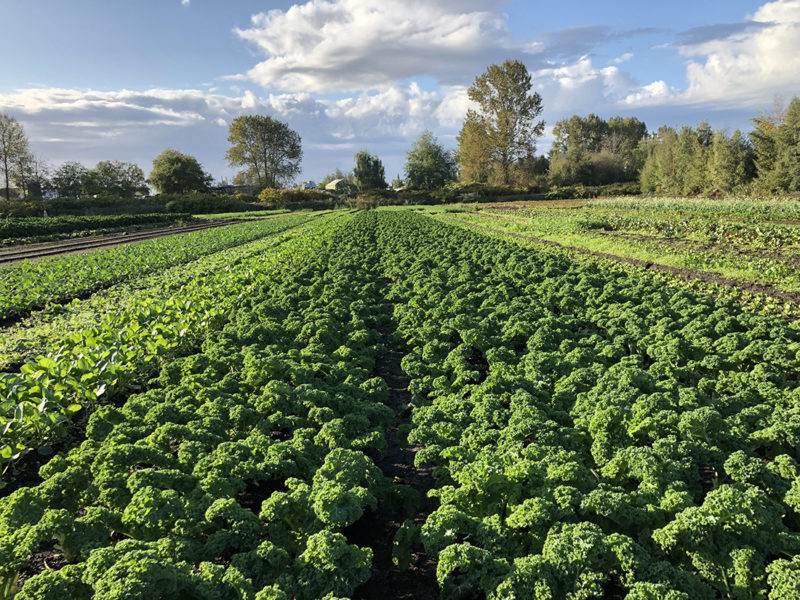Food security has been a core public health program of the BC Ministry of Health since 2005.
A food security model core program was released in 2006. The original program was updated in 2013.
The paper outlines the UN Food and Agriculture Organization (FAO)’s definition of food security, and the four dimensions required to achieve it. A chart then neatly boxes 53 potential influences on food security in BC.
Among the boxes is one for Agriculture, one for Fisheries and one for Farmers, Growers, and Fishers.
Noticeable by their absence are any boxes for drought, flood, fire, hail, frost, insect infestation, pandemic illness, red tape and regulation, wildlife damage, or that thing no one ever could have imagined. All of these, and others like them, get crammed into the agriculture box.
There are also boxes for NGOs and advocacy groups. Most communities will have one or more of these addressing the issue of food security. Some of them will be focussed on outcomes as specific as feeding the homeless: the issue becomes immediate for people with nothing to eat today. Other groups will embrace a broader perspective that includes what goes on in the agriculture box. At this point things start to get fuzzy.
The FAO defines food security as a situation that exists when all people, at all times, have physical, social and economic access to sufficient, safe and nutritious food that meets their dietary needs and food preferences for an active healthy life. That’s certainly straight-forward as it stands, but when it’s embraced as a public goal, we begin to see qualifying phrases added in. Phrases like: locally sourced, ethically produced, sustainably grown, non-GMO, and a host of others.
With the best of intentions, and sometimes righteous zeal, these additions and the expectations that accompany them ultimately make their way over to the Agriculture box.
Things are starting to get a little crowded in the Agriculture box, and the farmers, ranchers, and growers will need to navigate the shoals of social expectation before they will be granted a “social licence” to ply their trade.
The FAO food security definition doesn’t mention a social licence. It specifically addresses food: sufficient, safe, and nutritious.
It also mentions food preferences and it might be here the social expectations congregate, as in: I prefer food that is locally sourced, ethically produced and sustainably grown.
Farmers and ranchers might fairly ask, what exactly does that mean? Define locally sourced. Is it grown within 20 km of your house? 50 km? 100 km? Anywhere in BC? California? Ethically produced: are domesticated animals ethical? Is it ethical for apple growers to be paid 20 cents for a pound for apples that sell in the store for $2.49? Sustainably grown: Is it sustainably grown if fossil fuel powered the machinery that harvested it? Or hauled it to market?
There are no specific answers, rather a spectrum of them for every question.
Producers might wonder about the ethics of a social licence if fulfilling its terms drives costs beyond the economic access of many consumers or returns below the cost of production.
To paraphrase an old saying: When you’re up to your armpits in expectations and regulations it’s hard to remember the objective was to grow food and make a living.
The take-away in all this is for the 98% of the population who rely on the other 2% to grow their food: If farmers and ranchers can’t make an economic case to grow food and get on with it, don’t assume they will keep it up for the sheer joy of the exercise or from a sense of social obligation.
Food security is best understood by people who have been truly hungry. Be thankful so many of you have never seen it that way.
Bear in mind there are more farmers over 70 than under 35. As a thank-you for all the sage advice and guidance (if I were you, I’d plant three acres of garlic and sell it all at the farmer’s market for $12 a pound), here is an observation from US President Dwight Eisenhower from an address in 1956: “You know, farming looks mighty easy when your plow is a pencil, and you’re a thousand miles from the cornfield.”
Bob Collins raises beef cattle and grows produce on his farm in the Alberni Valley.


 Groundwater bill causes confusion for Island farmer
Groundwater bill causes confusion for Island farmer